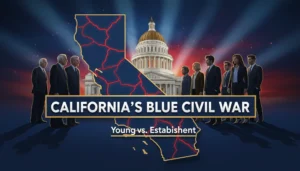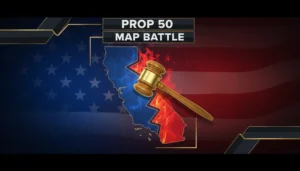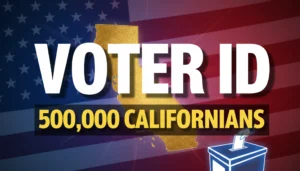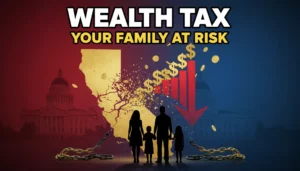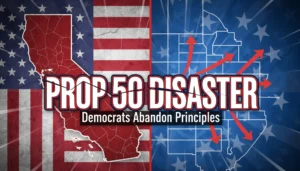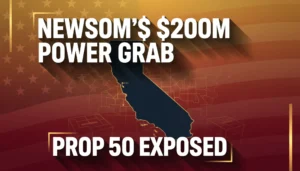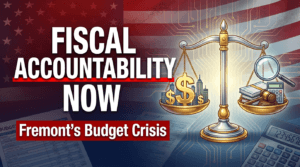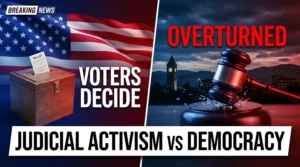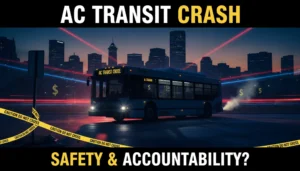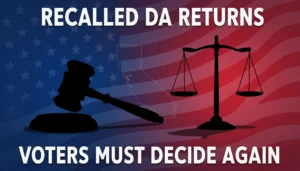California Redistricting: How Political Manipulation Threatens Representation and the Future of the Golden State
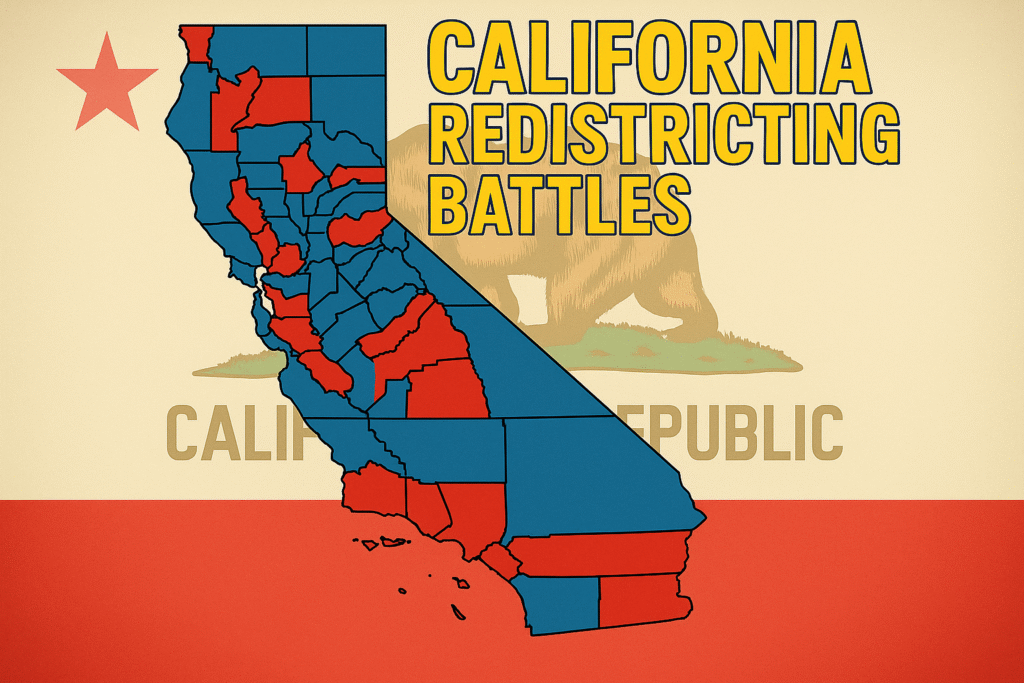

When it comes to the American political process, few issues are as consequential—and as contentious—as redistricting. In California, the current redistricting battles are not just about drawing lines on a map; they are about the future of representation, the balance of power, and the ability of conservative voices to be heard in a state long dominated by progressive interests. The latest round of redistricting, propelled by progressive lawmakers and special interests, is threatening to further marginalize Republican districts and undermine the foundational principles of fair representation.
The Redistricting Process: A Brief Overview
Every ten years, after the U.S. Census, states redraw their legislative and congressional districts to reflect population changes. In theory, the purpose is to ensure equal representation. In practice, however, redistricting has often devolved into a partisan tug-of-war—especially in California, where the Democratic supermajority has used its influence to tilt the scales in their favor.
California’s redistricting is handled by the California Citizens Redistricting Commission, established to reduce partisan gerrymandering. Yet, critics argue that the process remains vulnerable to manipulation by political insiders and activist groups, often at the expense of conservative and rural communities.
The Current Battle: A Power Grab in Disguise
This cycle, California’s redistricting process has become a battleground for partisan interests. Progressive advocacy groups, with the tacit support of Democratic lawmakers, have pushed for new district maps that carve up Republican strongholds, dilute conservative voting blocs, and all but guarantee continued Democratic dominance in Sacramento and Washington.
For example, districts in Central Valley, portions of Orange County, and parts of the Inland Empire—historically Republican areas—are being redrawn in ways that lump conservative voters with heavily progressive urban populations. This “cracking” dilutes Republican influence and all but ensures that conservative candidates will face insurmountable odds in future elections.
The Impact on Representation
The consequences are dire for California’s conservatives. When districts are engineered to favor one party, the result is a legislature that does not reflect the true diversity of thought in the state. Instead, policies are pushed through with little debate or opposition, and the voices of millions of Californians are silenced.
Redistricting manipulation also erodes trust in the electoral process. When voters see their communities split up or merged with distant urban centers, they feel disconnected from their representatives and disengaged from civic life. This undermines the very foundation of representative democracy.
Legal Challenges and National Implications
The GOP and various grassroots organizations are fighting back, filing lawsuits and challenging maps they view as blatantly partisan. However, with California’s courts often aligned with the political status quo, it’s an uphill battle.
The implications extend beyond California. As the nation’s most populous state, California’s congressional delegation wields significant power in Washington. By crafting districts to ensure Democratic victories, progressives are effectively shaping national policy and diminishing the influence of conservative voters across the country.
“Fair” Redistricting: Myth vs. Reality
Proponents of the current process claim that it is independent and fair. But the reality is that the commission is influenced by political activists, often with little representation from conservative voices. Public input is often ignored or tokenized, with decisions made behind closed doors. The result is a process that claims neutrality while delivering predictably partisan outcomes.
The Conservative Response: Fighting for Accountability
Conservatives are not standing idly by. Grassroots organizations, legal advocacy groups, and Republican lawmakers are working tirelessly to shine a light on the flaws of the current system. They demand greater transparency, genuine public engagement, and district maps that respect communities of interest—especially those that have historically been underrepresented.
The conservative argument is not for gerrymandering in their favor, but for genuinely competitive districts that allow voters to choose their representatives, not the other way around. Fair redistricting is essential for balanced debate, policy innovation, and effective government.
The Stakes for California’s Future
The outcome of the redistricting battles will shape California politics for the next decade. If progressives succeed in their efforts, conservative Californians will face even greater marginalization, and the state’s political monoculture will become even more entrenched. This is not just a problem for Republicans; it’s a problem for anyone who values democracy, debate, and genuine representation.
What Needs to Change
- Reform the Commission: Ensure the redistricting commission includes equal representation from all political viewpoints and genuine independence from activist groups.
- Transparency: Mandate open hearings, clear criteria, and real-time publication of all draft maps.
- Protect Communities of Interest: Draw districts that respect natural communities, rather than splitting them for political advantage.
- Judicial Oversight: Strengthen the ability of courts to review and overturn blatantly partisan maps.
Conclusion
California’s redistricting process is at a crossroads. If left unchecked, the current manipulation of district lines will erode public trust, undermine representation, and weaken the state’s democracy. Conservatives must continue to fight for fairness, transparency, and genuine competition—because only by ensuring that every voice counts can we secure the future of the Golden State.



